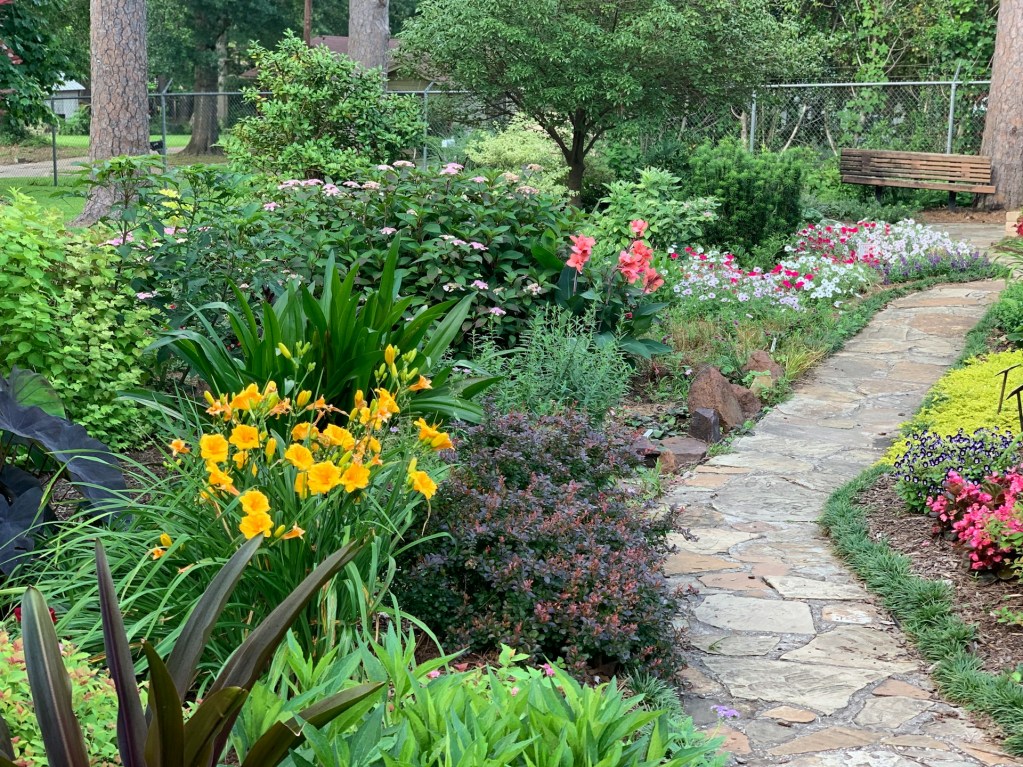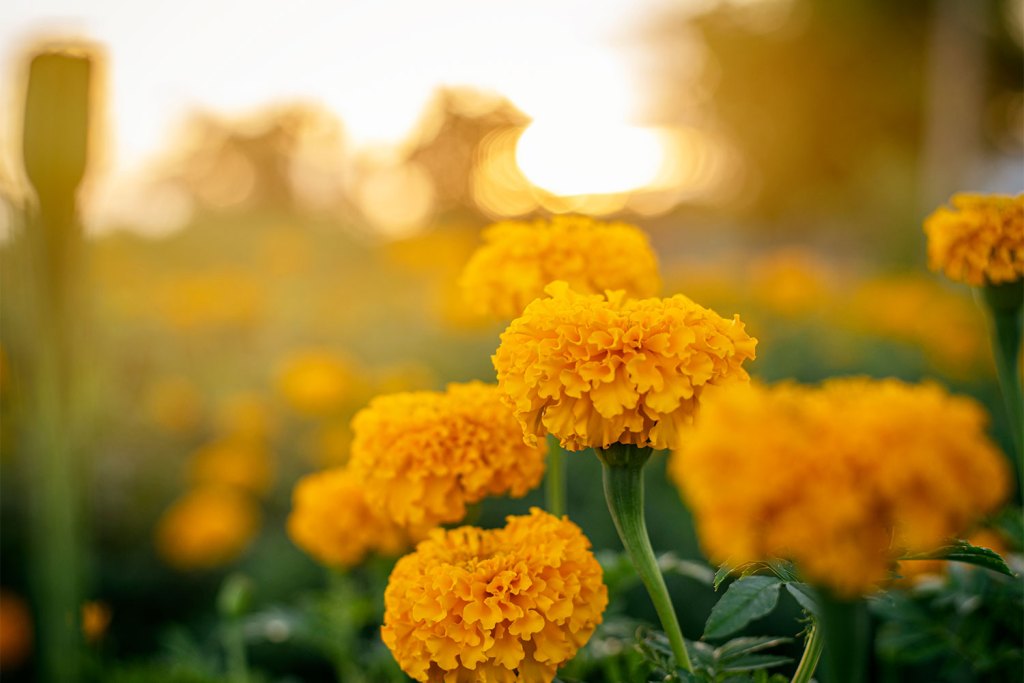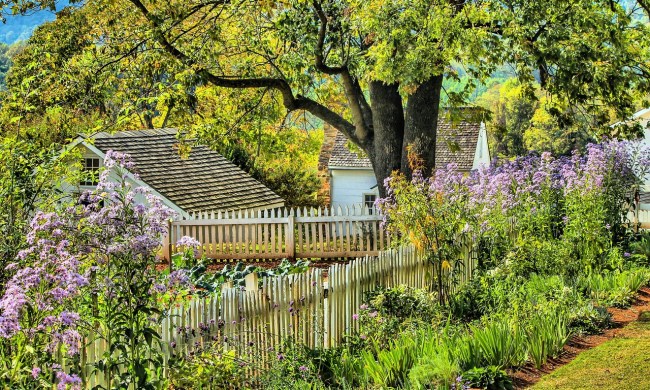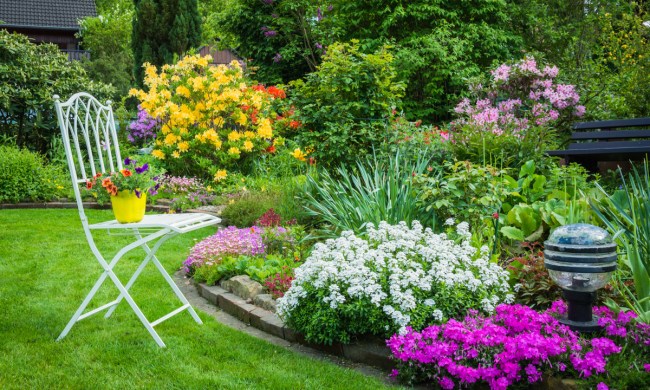
With the arrival of warmer weather, enjoying outdoor activities often comes with the unwelcome presence of mosquitoes. Not only are these biters annoying, but they can also carry diseases such as Zika, West Nile Virus, and dengue fever. Fortunately, nature offers a solution in the form of plants that repel mosquitos. Incorporate these plants into your patio garden or landscape design and minimize your exposure to mosquitoes naturally this summer!
Herb plants that repel mosquitos

Herbs are not only great for cooking, but they can also serve as a natural barrier against mosquitoes. Many of these plants contain essential oils and compounds that mosquitoes find unappealing.
Catmint
Catmint, or Nepeta faassenii, is renowned for its ability to repel mosquitoes thanks to its high nepetalactone content, a compound also found in catnip that is a proven mosquito deterrent. A study by Iowa State University found that catmint is about 10 times more effective than DEET, the standard ingredient in commercial insect repellents. Planting catmint along borders or in pots on your patio can significantly reduce the presence of mosquitoes.
Citronella and citronella grass
Citronella is perhaps the most known plant for mosquito repellence. The oil derived from citronella grass is a common component in mosquito repellents, candles, and sprays. Citronella works by masking scents that mosquitoes are attracted to, such as carbon dioxide and lactic acid, making it harder for these pests to locate their targets. Growing citronella plants and citronella grass in your garden containers can create a protective barrier around your outdoor leisure space.
Basil
Basil not only enhances your pizzas and pastas, but it also repels mosquitoes! This aromatic herb emits a pungent scent that we love, but mosquitoes find particularly offensive. The essential oils in basil, particularly estragole, are effective at keeping mosquitoes at bay. For best results, plant basil in pots near gathering areas or rub the leaves on your skin as a natural insect repellent.
Rosemary
Another delicious culinary herb, rosemary doubles as a mosquito repellent. Its woody scent is derived from the essential oils present in its leaves, which mosquitoes dislike. Rosemary can grow in both gardens and containers, making it versatile for different spaces and effective in mosquito control.
Mint
With its strong fragrance, mint is excellent at repelling mosquitoes. The essential oils in various species of mint plants can be extracted and used as a natural repellent. Additionally, mint spreads quickly, so it works well when planted in pots to avoid taking over your garden. Placing mint around the home can help keep mosquitoes away from entry points.
Flowers that repel mosquitoes

If you’re also looking for lovely summer blooms to spruce up your yard, certain flowers can also contribute to a mosquito-free yard. These flowers are not only beautiful but emit scents and possess properties that mosquitoes find undesirable.
Marigolds
Marigolds are a popular choice for repelling many pests due to their pyrethrum content, a compound used in many insect repellents. Plant marigolds in borders or pots near entryways to deter mosquitoes with their strong fragrance.
Lavender
Beloved for its soothing aroma and beautiful purple blooms, the lovely lavender plant is also effective at repelling mosquitoes. Lavender oil can block the sense of smell in mosquitoes, preventing them from finding their prey. Planting lavender in sunny areas of the garden or in pots can help keep areas mosquito-free.
Allium
Alliums, such as garlic, onions, and chives, are known for their strong aroma, which is effective in repelling not only mosquitoes but also other pests like aphids and carrot flies. These tall, spherical flowers make an attractive addition to any garden while providing pest protection. The edible nature of these plants is also a bonus!
Bee balm
Bee balm attracts beneficial pollinators like bees and butterflies to your garden while deterring mosquitoes with its strong fragrance. This plant thrives in moist, well-draining soil and can be used to fill gaps in any floral arrangement in your garden.
Ageratum (floss flower)
Ageratum secretes coumarin, a scent that mosquitoes detest and is used in commercial mosquito repellents. Its fluffy flowers add texture and color to gardens while keeping the mosquito population under control.
Herbs and flowers provide a natural and effective way to keep mosquitoes away, making your outdoor time safer and more enjoyable. In addition to integrating plants that repel mosquitos, ensure to eliminate standing water where mosquitoes breed. Using fans, mosquito nets, and regular yard maintenance can further enhance your defenses against these pests.



